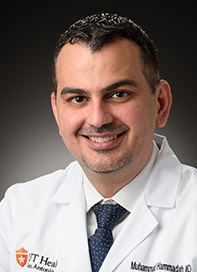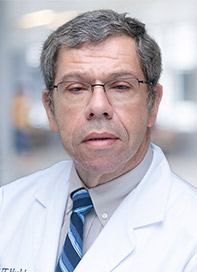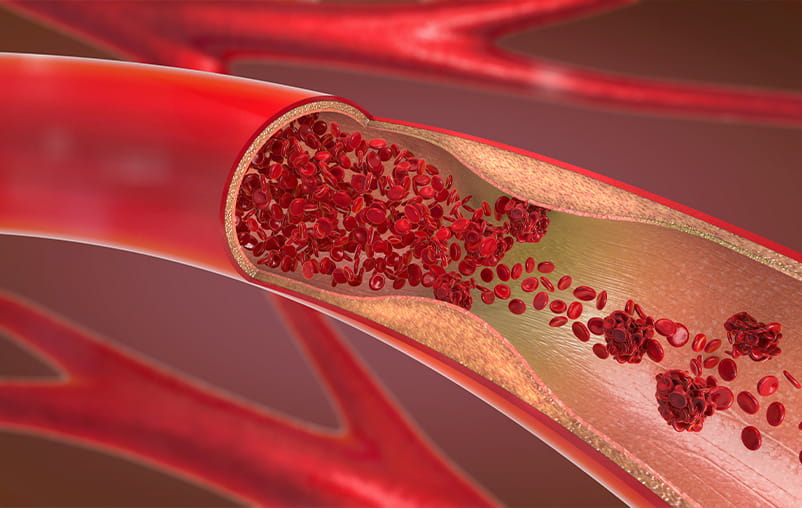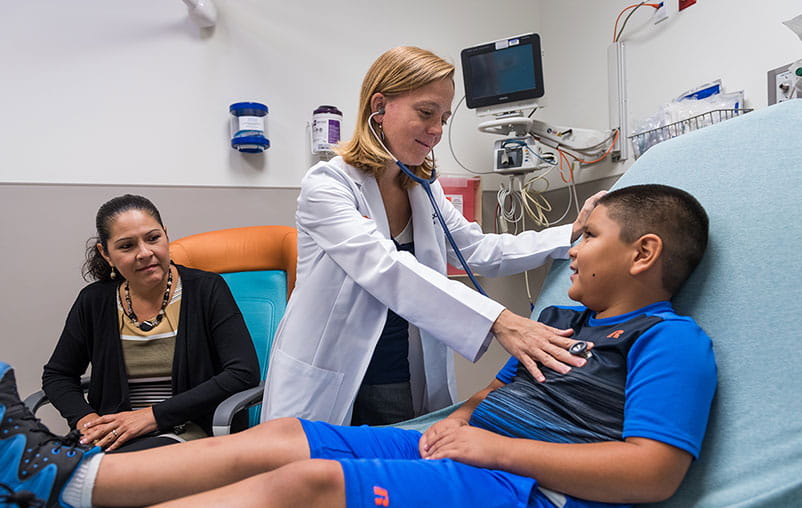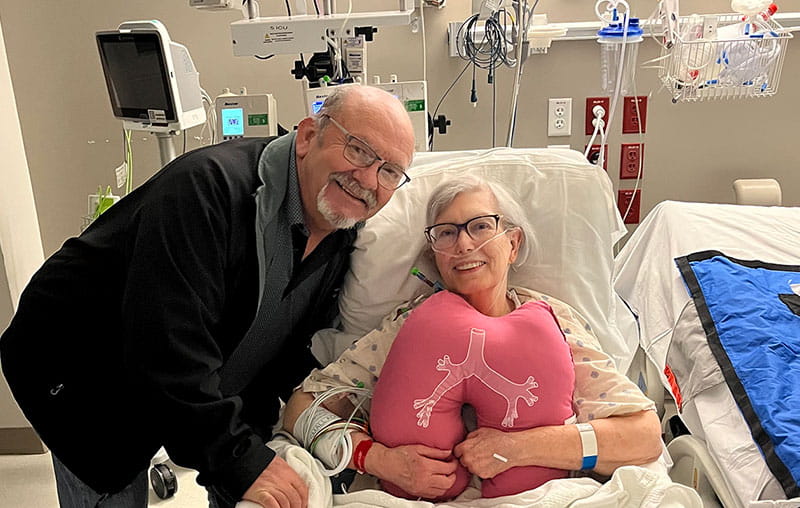Rufino Salinas suspected that he had a heart attack when he had chest pain that wouldn’t go away. He went to the hospital, where an echocardiogram showed part of his heart was not working properly. His aortic valve was not opening, which was causing blood flow issues.
Dr. Anatole Trakhtenbroit is a cardiologist with University Health. He told Rufino if he didn't take immediate action regarding his health, he only had a few months to live.
“I followed Dr. T's advice and went to the hospital,” Rufino said. “After my admission, the doctor explained the situation and the necessary procedure I needed.”
Rufino first needed a cardiac catheterization. A few days after that, he underwent the TAVR procedure. Neither procedure require general anesthesia.
Transcatheter Aortic Valve Replacement (TAVR)
The TAVR, or transcatheter aortic valve replacement, procedure is similar to a cardiac catheterization procedure. The physician feeds up a tube up the groin to deploy the valve.
Because Rufino wasn’t under general anesthesia, his mind was alert, and he could hear his medical team during the procedure. The heart team explained their actions as they did them, so Rufino always knew what was happening.
Rufino was impressed by the team's professionalism. They worked together in perfect sync, with each member assigned a specific task and communicating with one another to execute each task precisely.
Dr. Muhammad Hammadah (interventional cardiologist) and Dr. Dawn Hui (cardiothoracic surgeon) constantly checked in with various team members and monitored the numbers. Once the valve was in place, the medical team extracted the wires and Rufino stayed on bed rest for about six hours.
Rufino appreciated having access to a variety of specialists in one place at University Hospital. Overall, he found the experience straightforward and easy.
Recovering from TAVR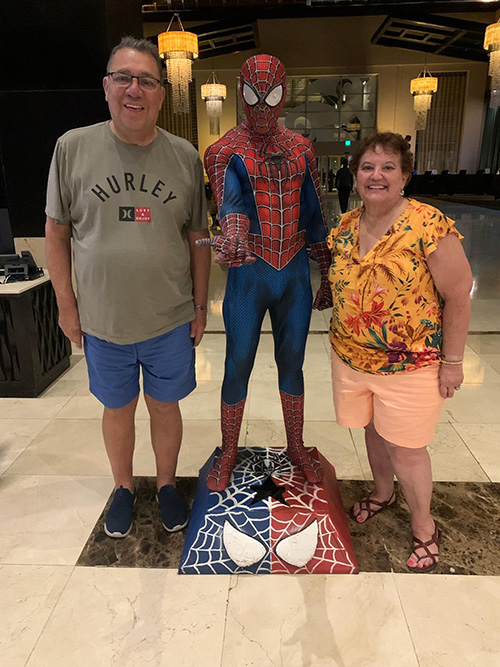
Now, Rufino has more energy than ever before. He started exercising as soon as Dr. Hammadah cleared him to do so. Now, he goes to the gym three times a week to do cardio and weights.
Before he visited his cardiologist, Rufino had fallen twice. He was in denial about having a heart condition. But when he shared his story, he realized that there were other warning signs he had ignored. He would get tired after going for walks or going to the gym, but he brushed it off as being out of shape.
He wants people to learn from his story and advises the community to go to their primary care provider, even if they feel healthy.
Rufino is glad that Dr. Trakhtenbroit pushed him to take action on his health when he did. If it wasn't for the test his cardiologist recommended, he wouldn't be sharing his story today.
Heart Care at University Health
Learn more about the TAVR procedure and the other heart treatments at University Health.


